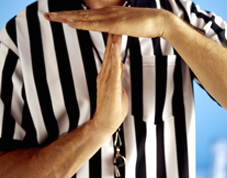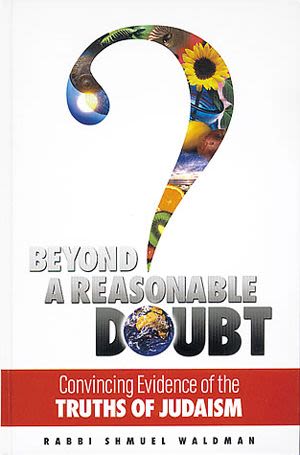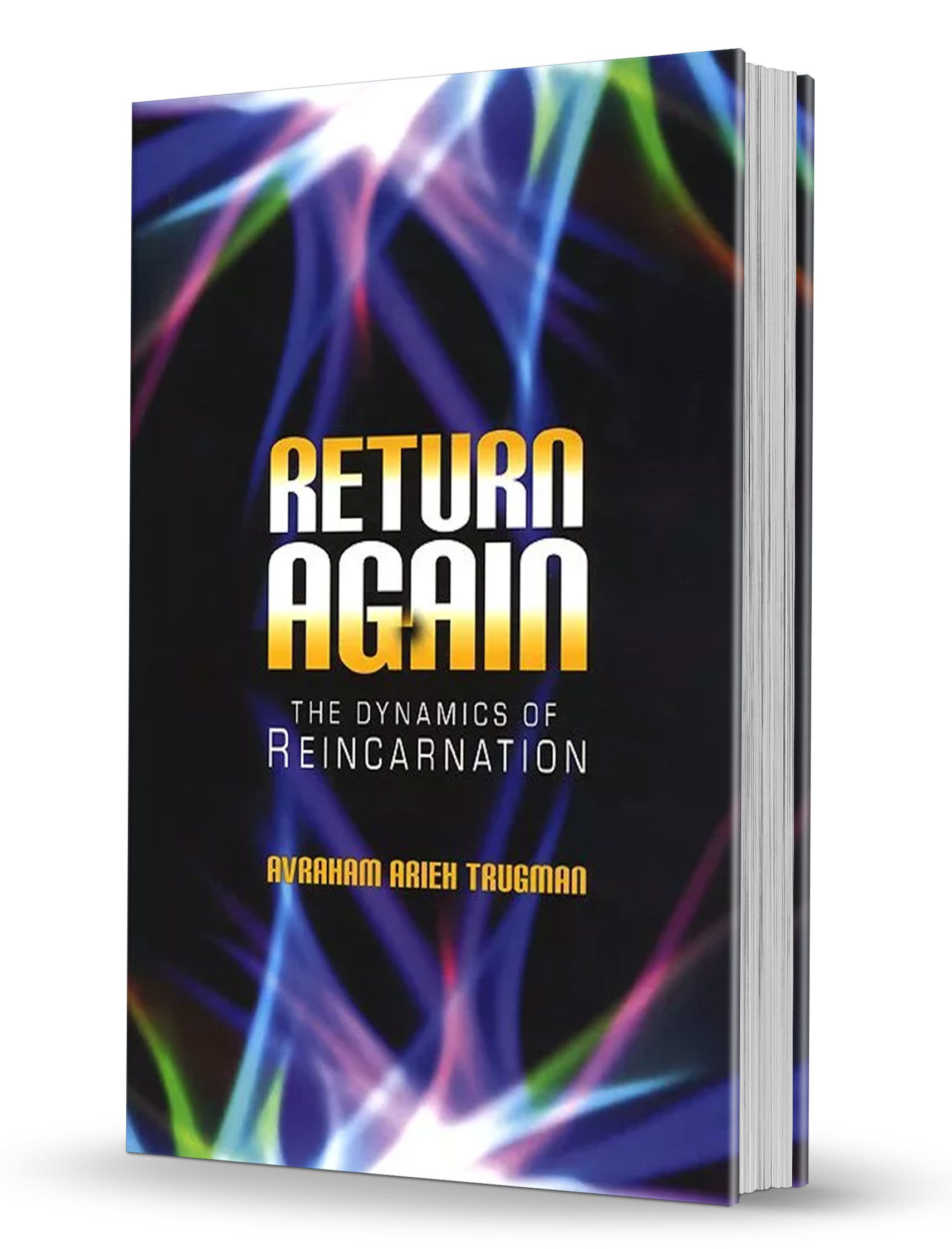
Fair, or Not?
The specifics of each day and each hour - whether good or otherwise - depend on the judgment rendered in one of 24 Heavenly Courts…

Translated by Rabbi Lazer Brody
In Forest Fields, Part 66
Some people suffer from the misconception that Hashem isn’t fair, Heaven forbid.
Rebbe Natan therefore says (Likutei Halachot, Hilchot Nezikin 5):
” … and the main cause of assuming misjudgment is the unholy wisdom of the world, of the aspect of flawed judgment, which construes that Hashem is not absolutely fair and just in His judgments. This misconception leads one to believe that we are incapable of standing up to the tests Hashem gives His people. For example, most of the world proclaims it cannot worship Hashem properly because of insufficient livelihood. In  other words, they claim that Hashem has made warped judgment against them, because they lack the means to fulfill His Will and are unable to spend their time studying Torah because of poor finances. Surely this is not the truth. We must, every one of us, believe that Hashem is just and His judgments are upright and just. Surely Hashem does not expect anyone to do what is beyond their means or capabilities; surely He has no grievance against us for what we cannot do. Hashem gives us the test to study the Torah and do the mitzvoth precisely under duress, for as our sages have taught us: ‘All who keep the Torah in poverty – will inevitably in the end keep it in wealth’.
other words, they claim that Hashem has made warped judgment against them, because they lack the means to fulfill His Will and are unable to spend their time studying Torah because of poor finances. Surely this is not the truth. We must, every one of us, believe that Hashem is just and His judgments are upright and just. Surely Hashem does not expect anyone to do what is beyond their means or capabilities; surely He has no grievance against us for what we cannot do. Hashem gives us the test to study the Torah and do the mitzvoth precisely under duress, for as our sages have taught us: ‘All who keep the Torah in poverty – will inevitably in the end keep it in wealth’.
“So we must believe that everything that we must endure is given to us by a just G-d, who never tests a person beyond his meanscapabilities. Even if one’s mind tells him that what he is suffering is beyond his capacity to suffer, he must still believe that Hashem’s ways are just and fair, and so all the things that a person must endure and suffer in his lifetime are given to him justly and for his own good.”
Frequently people fail to believe that Hashem is just and that all His judgments are just and merciful. As such, they are far away from emuna. By way of tribulations and suffering, Hashem calls them in order to bring them closer to Him, for King Solomon says (Proverbs 3:12), “Hashemchastens the one He loves”. Those who fail to understand this principle impair their faith. Rather than their suffering leading to them to a spiritual awakening, they descend to heresy, believing that Hashem has ruled against them unjustly. They are erroneously concluding that Hashem has no desire for them or for their efforts to grow close to Him. They even become angry at Divine Providence, as we often see when people who have suffered claim that Hashem has acted cruelly and unfairly against them, G-d forbid.
Just as we must believe that everything that happens to us is from Above, so too we must have complete faith that Hashem is righteous and upright and no injustice whatsoever comes from him, Heaven forbid. We must have faith that all our trials and tribulations are actually products of Hashem’s great mercy, their sole purpose being to enable us to come closer to Him.
Hashem’s Great Mercy
The path to becoming a tzaddik is not easy, nor does one become a righteous person overnight. What, then, should a person do until he has attained complete teshuva, for he still fails and continues to sin? How can he be saved from daily judgment, from the self-induced suffering invoked by his sins? After all, everyone wants to do teshuva and return to Hashem and act according to His Will. Yet if the path is such a long one, then what should a person do in the meanwhile? How should he act? Is he doomed to live his life in torment?
Hashem in His infinite mercy has given us an amazing solution, called “Judging oneself.” There is no double jeopardy in the Heavenly Courts, for if a person judges himself daily then he is exempt from being judged by the Heavenly Courts. The Midrash states explicitely, (Midrash Rabba, Mishpatim 5): “When there is judgment below, then there is no judgment held Above.”
The Zohar reveals that when a man judges himself, while conducting a daily self-evaluation of his deeds, confessing his wrongdoings, asking Hashem’s forgiveness, and resolving to do his best not to repeat those transgressions, then the Heavenly Courts cannot and do not judge him. Only Hashem judges him.
Here’s the good news: Hashem judges a person with such unfathomable mercy that the latter always is found innocent. On the other hand, the Heavenly Courts are exacting in every letter of the law to the extent that one is almost always found guilty there. Hashem both judges people favorably and rewards them for their teshuva!
Therefore, if a person longs for relief from tribulations and suffering, he must learn to judge himself. This means to devote one hour of each day to self-evaluation of all his thoughts, words and deeds – if he is conducting himself properly. He must do teshuva for those things which fall outside the limits of propriety. By judging himself, he won’t be grilled in the meticulous stern judgment of the Heavenly Courts.
To be continued












Tell us what you think!
Thank you for your comment!
It will be published after approval by the Editor.